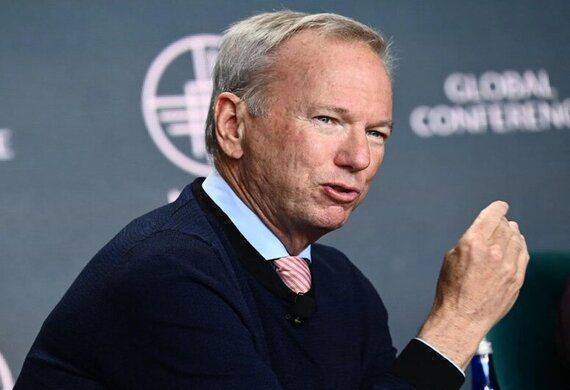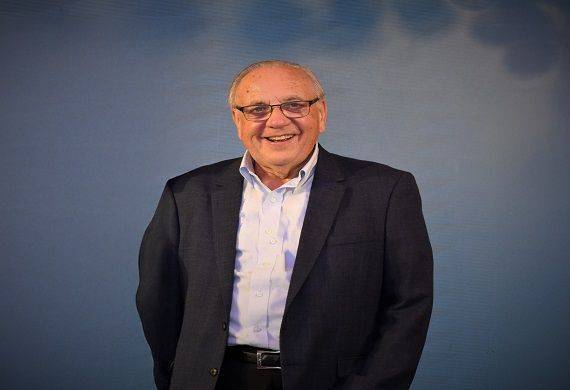Ex-Google CEO Eric Schmidt Says US is Unprepared for AI's Most Pressing Issue
By Global Leaders Insights Team | Jul 21, 2025

- Schmidt warns U.S. power grid facing 92 GW electricity shortfall may derail AI revolution (<92 GW shortfall).
- He cautions chips aren't the constraint- electricity demands of AI superintelligence could outpace global power supply.
Former Google CEO Eric Schmidt cautions that the United States is facing a critical energy shortage that could derail the artificial intelligence revolution, citing electricity as the primary constraint on AI development rather than semiconductors or funding.
"AI's natural limit is electricity, not chips," Schmidt wrote on LinkedIn, emphasizing the infrastructure crisis confronting Silicon Valley's race to superintelligence.
The US power grid is facing a 92 gigawatt shortfall for the AI revolution
The energy needs are staggering. Schmidt said, "the US is currently expected to need another 92 gigawatts of power to support the AI revolution." To put this into context, he explained that "one gigawatt is roughly the equivalent of one nuclear power station," but "there are essentially none of these facilities being built, and only two have been constructed in the last 30 years."
This energy crisis occurs as tech titans pour billions of dollars into achieving superintelligence, or AI that "greatly exceeds the cognitive performance of humans in virtually all domains of interest," according to Oxford researcher Nick Bostrom's definition. Companies such as Meta and OpenAI are aggressively competing for AI talent in order to be the first to achieve this milestone.
Tech giants rush to secure power sources for AI operations
Major corporations have already implemented desperate measures. Microsoft has signed a 20-year agreement with Constellation Energy to restart Pennsylvania's Three Mile Island nuclear power plant, which closed in 2019. The plant is expected to reopen in 2028. Between 2021 and 2022, the company's AI operations consumed 1.7 billion gallons of water, representing a 34% increase.
OpenAI CEO Sam Altman has personally invested in Helion, a nuclear fusion startup, recognizing that an energy breakthrough "is essential for AI's future." Meanwhile, Microsoft and AMD have urged senators to expedite permits to avoid grid overload from AI's massive energy demands.
Timeline for superintelligence has accelerated despite infrastructure challenges
Schmidt believes that specialized AI systems will transform every industry within five years. "It is reasonable to predict that we are going to have specialized AI savants in every field within five years," he wrote, defining superintelligence as "intelligence beyond the sum of all humans."
Also Read: Google's AI 'Big Sleep' Thwarts Cyberattack in Historic First, Says Sundar Pichai
However, critics such as Greenpeace warn that current AI energy consumption risks derailing climate goals. Researchers estimate that global AI workloads will consume 4.2-6.6 billion cubic meters of water by 2027, enough to supply Canada's entire population for more than a year.
"We don't know what AI will deliver, and we certainly don't know what superintelligence will bring, but we know that it is coming fast," Schmidt told the audience. "We need to plan ahead to ensure we have the energy needed."


.jpg)